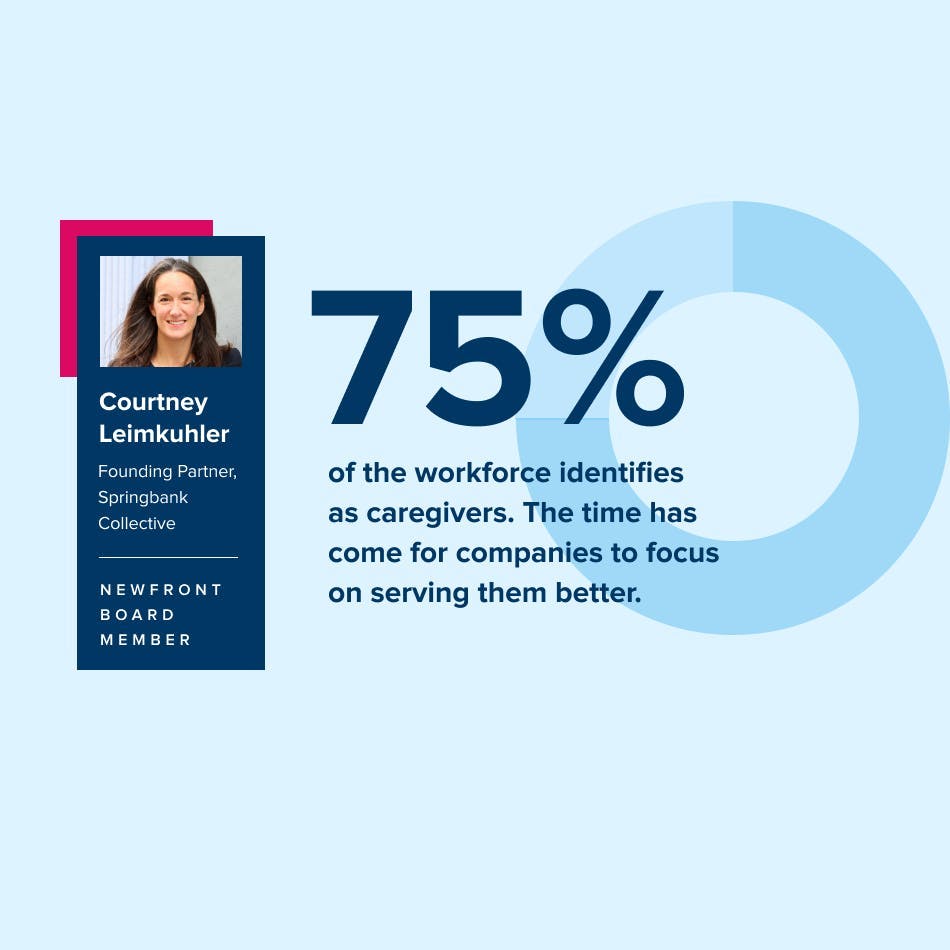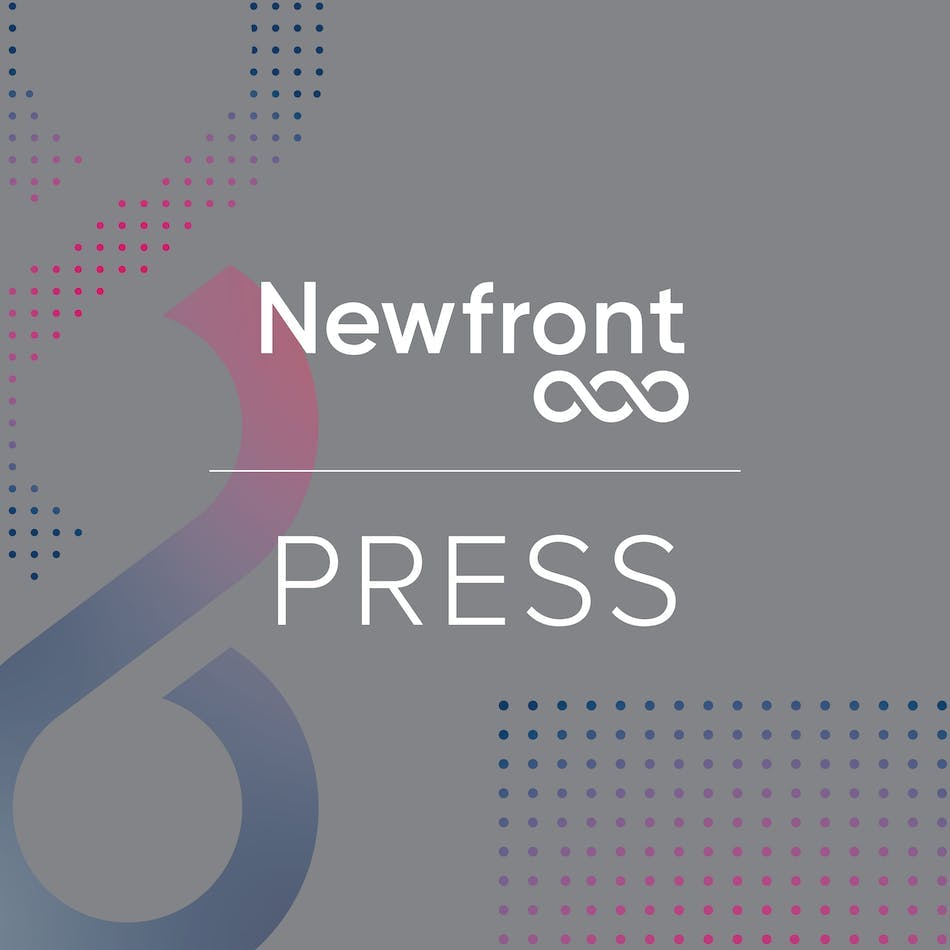Fast Growing Private Companies: Manage Your Risks to Yield Rewards, Part II
By Kurt de Grosz | Published November 12, 2013
Throughout this series, we will examine how strategic risk management can maximize rewards and yield significant competitive advantages. In our previous post we noted that while managing capital and product risks is of paramount importance to entrepreneurs, serious consideration should also be given to other emerging areas of risk. In this post we will look at how cost effective non-traditional benefits offerings can help attract and retain talent and in turn accelerate growth and innovation.
In areas with strong economic growth, such as Silicon Valley, the competition for talent is fierce, particularly in the technology sector. Most companies are finding that competitive compensation and traditional health benefits are no longer enough. Potential hires want to know: Do you provide long term care? What about a commuter benefit? Pet insurance? Pre-paid legal? Health club dues? Tuition reimbursement? Opportunities for personal growth? In order to attract top talent, many companies offer competitive stock options, generous employer contributions to health premiums, 401k and HSA accounts, substantial PTO, and over the top ancillary benefits and perks.
Companies like Google and Facebook have gone beyond traditional benefits in order to create a work environment that employees never want to leave. On the Facebook campus, an employee can visit a bank, barber, dentist, doctor, dry cleaner, gym and a choice of restaurants featuring a variety of fare cooked up by top chefs. It is not unusual for companies to offer treadmill work stations, cross fit classes, rooftop yoga, flexible work schedules, massage, and more. All in an effort to create a superior work environment to attract and retain top talent.
All of these perks are great, but what do companies who aren’t Facebook and have a limited budget do to compete? Invest in intrinsic rewards and build a culture that keeps employees motivated and engaged.
Is rapid innovation important to your company?
Take a cue from companies like 3M, Google and Twitter, and set aside time for employees to work on their own projects. The practice of giving employees discretionary time can bring about tremendous positive benefits. Empowered and autonomous employees are happier and more productive. They can spend time fixing issues that hinder productivity or customer experience, or bring innovative and potentially company changing ideas to life. Think this practice is too costly or risky for your company? If you’ve ever used Gmail, Google news, or Google translate you’ve benefitted from projects that originated during discretionary time.
Are networking and community relations important to your company?
Encourage employees to volunteer or join boards of local non-profit organizations. Show your support for their causes with paid time off to volunteer or a financial contribution to their organization. Something as simple as support for your employees’ passions can build a strong sense loyalty and engagement within your workforce while strengthening your company’s brand and network within the community.
These types of intrinsic rewards can be critical in shaping your corporate culture, and have a substantial impact on employee satisfaction, retention and productivity. The benefits you offer employees, the programs you make available for their health and wellness, the decision support tools you provide and how you communicate and promote your programs – these are all opportunities for you to engage employees and establish an identity and personality, a culture. Ultimately, in order to attract and retain the best and the brightest, fast growing companies need an effective strategy that “promotes health, wellness, and the development of the employee.” Do you have a strategic plan?

Kurt de Grosz
Executive Chairman
Kurt de Grosz is the Executive Chairman of Newfront. Specializing in team building, brand development, innovation, and customer acquisition, Kurt believes Newfront's people, ethos, and core values will build the next great independent insurance brokerage operation.


